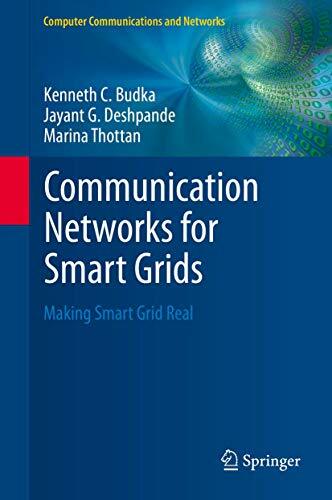
Agent based Energy Management Systems
Kurzinformation
inkl. MwSt. Versandinformationen
Artikel zZt. nicht lieferbar
Artikel zZt. nicht lieferbar

Beschreibung
In liberalized, regulated energy markets, the different participants - namely producers and consumers of energy, transmission and distribution system operators as well as regulatory authorities - have partly divergent and partly convergent interests. Loads, power plants and grid operators try to maximize their own benefit in this highly complex environment accepting to act detrimentally to others. Although the relationship between the participants is mostly competitive, there are some fundamental shared interests, e.g. voltage stability, a constant system frequency or efficient energy production, transmission and distribution, which are endangered e.g. by increased injection of volatile sources in low and medium voltage grids, displacement of stabilizing bulk generation and the slowly progressing extension of the electric grid. There is a global consensus, that the resulting challenges can efficiently be faced using information and communication technologies to coordinate grid utilization and operation. The basic idea is to benefit from unused reserves by participating in deployment of system services e.g. reactive power supply to keep the voltage within certain bounds. The coordination can best be done by the grid operator. All activities of that kind are summarized under the umbrella term "Smart Grid". To simultaneously model the behavior and interests of different types of market participants and their convergent and divergent interests, multi-agent systems are used. They offer a perfectly fitting framework for this sort of game theory and can easily be adapted to all kinds of new challenges of electricity markets. In this work, multi-agent systems are used to either cooperatively or competitively solve problems in distribution and transmission systems. Therefore, conventional algorithms have to be modified to converge into multiple local optima using only small pieces of the entire system information. It is clearly stated, that personal benefits can be maximized without violating global requirements on the system. Therefore, coordination of the measures is necessary. This can be done decentrally by the agents as well. von Wolter, Martin
Produktdetails

So garantieren wir Dir zu jeder Zeit Premiumqualität.
Über den Autor

- Hardcover
- 240 Seiten
- Erschienen 2019
- ISTE Ltd and John Wiley & S...

- Hardcover
- 394 Seiten
- Erschienen 2015
- Academic Press

- Kartoniert
- 250 Seiten
- Erschienen 2017
- Springer Vieweg

- paperback
- 743 Seiten
- Erschienen 2011
- BKI

- paperback
- 76 Seiten
- Erschienen 2020
- United Nations

- Hardcover
- 312 Seiten
- Erschienen 2001
- Springer

- Kartoniert
- 654 Seiten
- Erschienen 2017
- C.H.Beck

- hardcover
- 295 Seiten
- Erschienen 2025
- Springer Vieweg






































